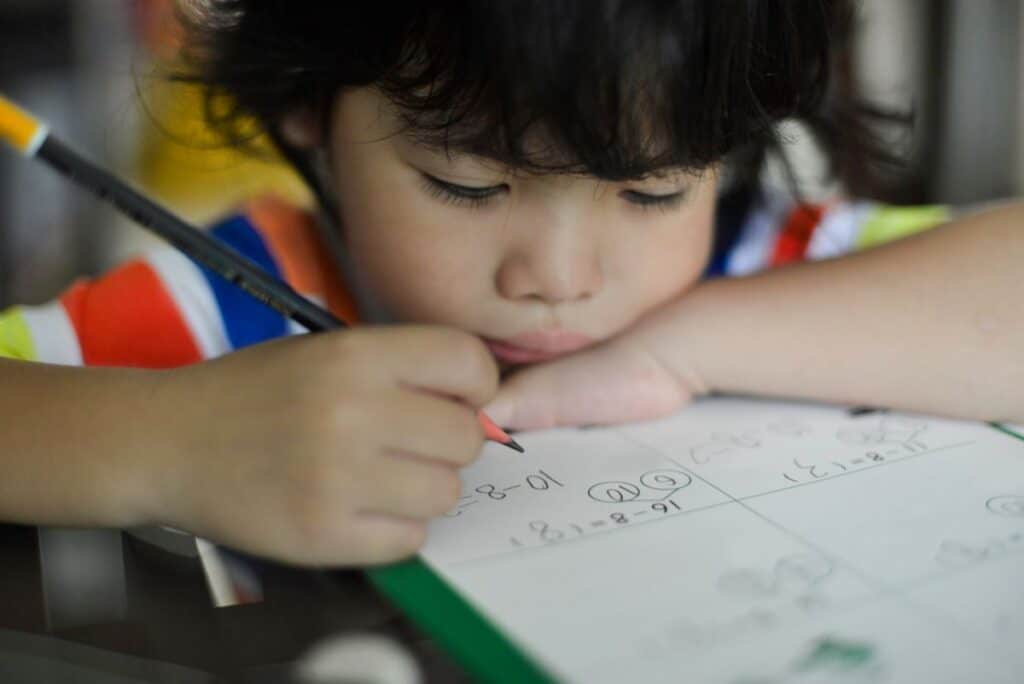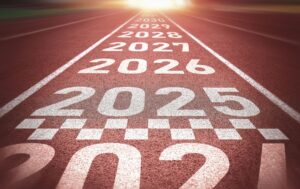Beating the Summer Slide
Summer slide, or learning loss, is frequently used in education circles to describe the regression of critical academic skills when students are not in a traditional school setting for an extended duration. Normally, the longest break from school occurs in the summer. While the onset of summer can bring joyous thoughts of time with family and friends, academic regression can occur for many students, as key skills are not practiced on a routine basis. Continued practice is necessary to develop and even sustain skills.
To overcome the summer slide, families can collaborate with school divisions for ideas that incorporate academic skills into daily life. The ideas should be innovative and short in duration so as not to overwhelm and lose student interest. One thing is certain: lengthy workbook/skill practices are not innovative and do little to prevent summer slide. Instead, learning should be viewed as a continuous journey. Just like in athletics, skills need continual practice to become highly successful.
While reading proficiency is often considered regarding summer slide, mathematics also deserves consideration. Summer reading academies often provide engaging, small-group instruction in reading, but targeted academies to address mathematics are rarer. Much as instruction needs differentiation, summer learning opportunities need to be tailored to the need of the individual child. Further, the effect of structured, targeted summer learning programs warrants additional research. Research-based programs that are built upon a foundation of best practices should be funding priorities for school districts aiming to close the achievement gap.
Make Math Fun and Engaging
When reinforcing math skills during the summer, it is imperative to build a foundation that promotes mathematical proficiency as fun, relevant, and necessary. Whether educators or parents do summer math reinforcement, the person working with the child should present math as both fun and doable. A lot of impact in mathematics can occur if we break down barriers like, “I cannot do math” and “math is hard.”
Math skill practice needs to be handled innovatively, allowing students to have fun while maintaining and growing key skills. Especially during the summer, adults need to try to have math practice arise from natural situations. Also, the duration of the practice should be short unless the practice is game-like or project-based.
Activities for All Ages
Activities aimed to sustain mathematical skills through continual reinforcement should be designed to meet the needs of learners of various ages. Early primary students need focus on counting, number recognition, and one-step operations. Yet, students in third and fourth grade need activities that involve practice of multiplication and other facts. Students in this age bracket can estimate the time and amount of gas needed for summer trips based on speed limits and distance. Children can also budget time allotments for stops along the journey and practice estimation and calculator skills.
Further, parents can engage the children with vacation budgeting processes. As students’ progress into upper middle and high schools, activities need to become more complex and multi-step. Construction project assistance concepts are wonderful reinforcement activities for middle and high school students. Parents can engage these students with material estimates, measuring materials, and calculating angles/slope.
Discounts, taxes, and item costs provide ample opportunities for math skills practice while shopping. The rigor of these activities could be adjusted to meet the age and skill level of various learners. Children typically enjoy shopping, so this becomes an opportunity. Students can calculate the total cost by buying clothes or shopping for school supplies discount sales, considering discounts and tax rates. Weekly grocery shopping can provide similar opportunities to sustain skills.
Family Fun
Sometimes the key to sustaining math skills over the summer is to incorporate reinforcement activities into family fun. Game nights are time-honored family traditions that bring family members closer together through conversations and competitive fun. Board games foster engagement and conversation that breaks the isolating addiction to online social media.
Many board games incorporate academic skills as a part of the competition. To help sustain mathematical proficiency, families can pick games that involve math skills. STEM-related games can be particularly helpful in sustaining math skills.
In addition to family game nights, cooking and at-home science projects offer opportunities for mathematical family fun. Cooking involves measuring, time monitoring, and creativity while reading sequential steps in a recipe. Cooking together is a way to practice essential life skills while bringing family members together as they share recipes, which may have been passed through generations.
Designing and carrying out science projects is another way to engage in mathematical processes during family fun. Parents can encourage children to question the world around them. As children make hypotheses, the family can design science projects to test the research question.
Summer Learning Programs
Fun, relevant, and rigorous summer learning programs offer possibilities to both sustain and expand essential skills in mathematics. Traditional summer school can be limited in effectiveness inherent to its design. Instead of placing multiple grade levels of students in a given subject together with an abbreviated period and one teacher attempting to reach widely varied ability levels, school divisions should consider investing in focused programs that offer small student-to-teacher ratios.
School divisions have implemented summer reading academies more frequently than summer mathematics academies. These intense and focused academies offer students needing remediation the opportunity to sustain and grow their skills while simultaneously offering gifted students the opportunity to grow. In this way, summer academies are possible solutions to closing achievement gaps.
Districts need to invest in designing these programs. The teachers selected should be the division’s best based on academic achievement data. Further, it is ideal for each teacher to work with less than five students. Finally, the curriculum, instruction, and assessment used need to be differentiated and sufficiently rigorous.
Educators never stop learning; check out our available graduate degree programs to hone your skills and promote lifelong learning and academic excellence.




